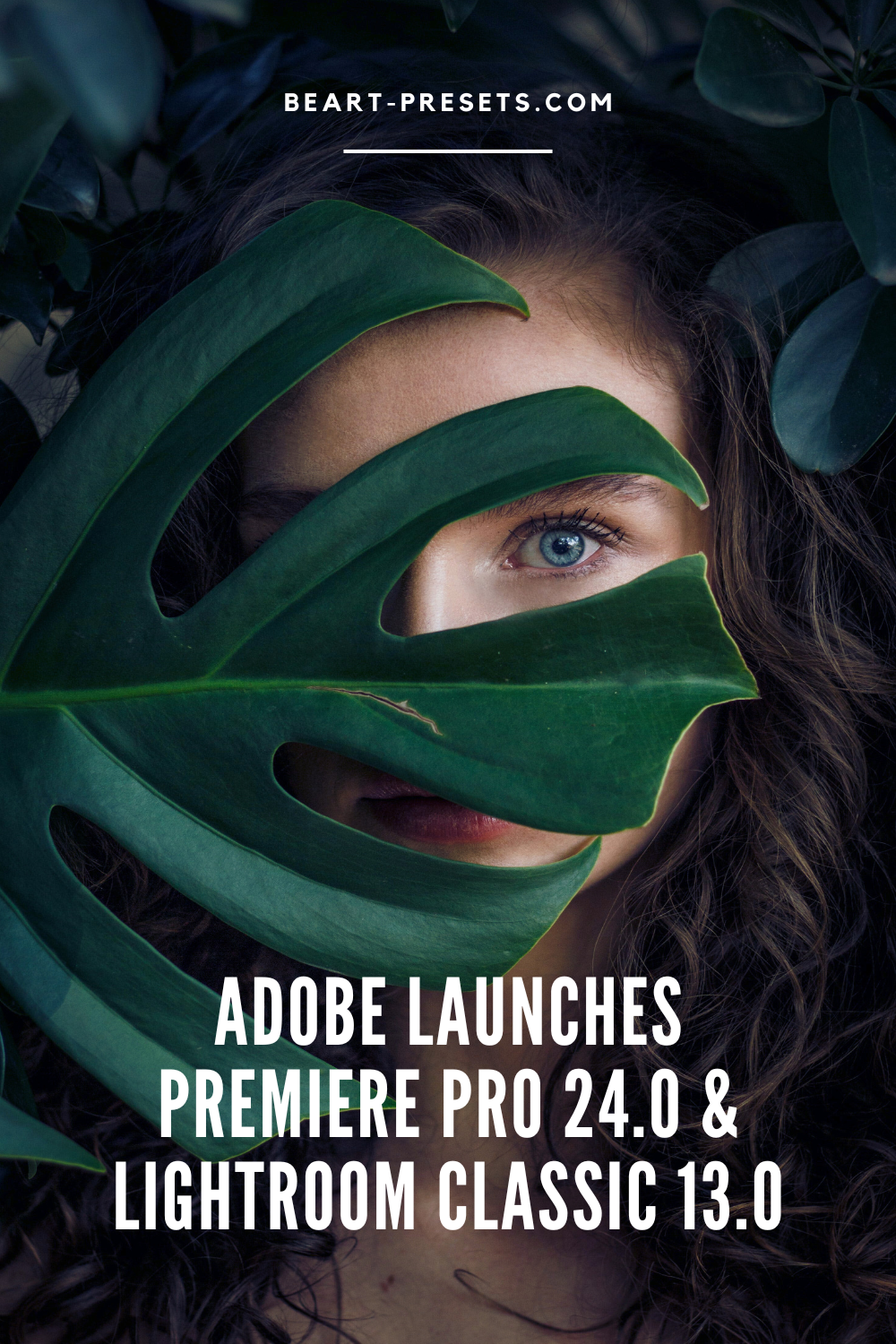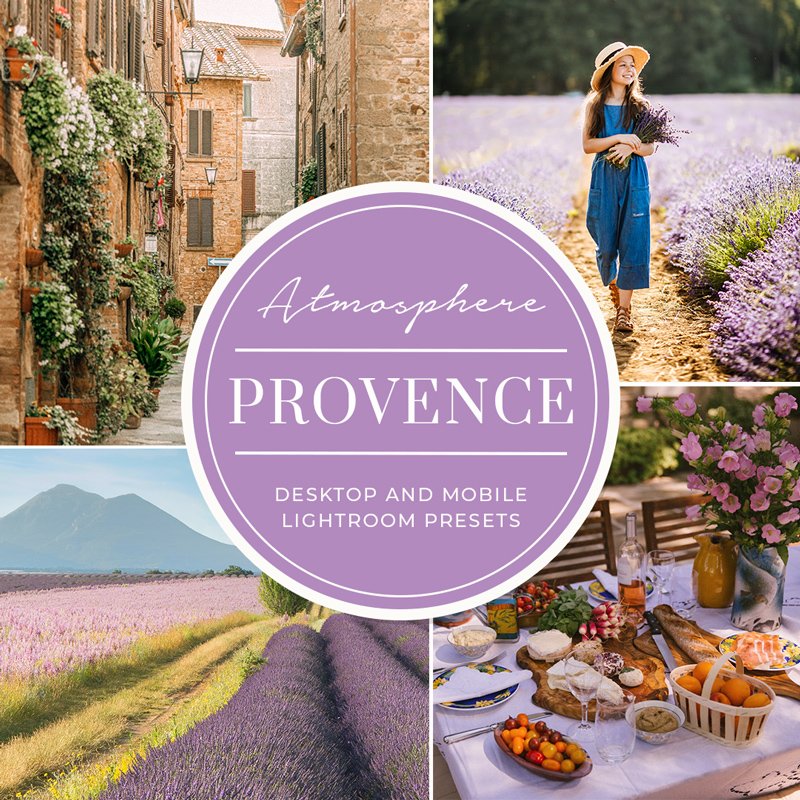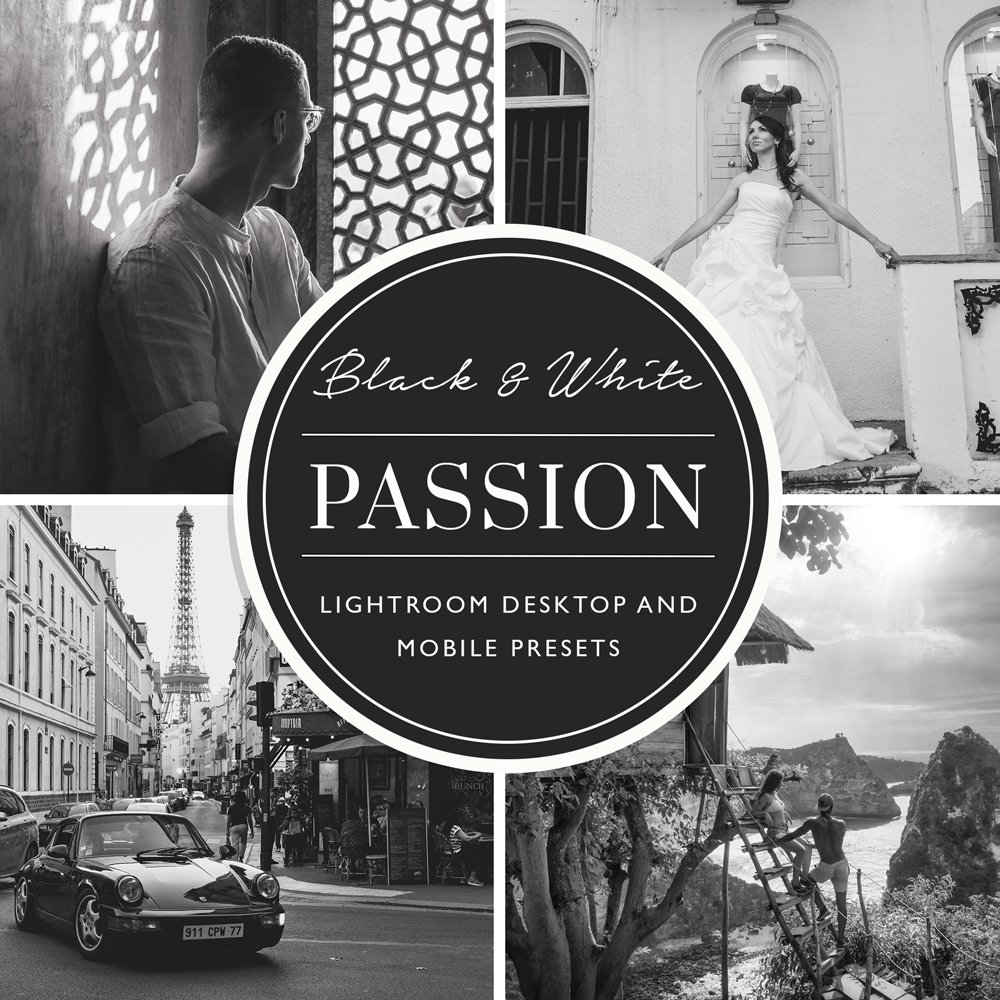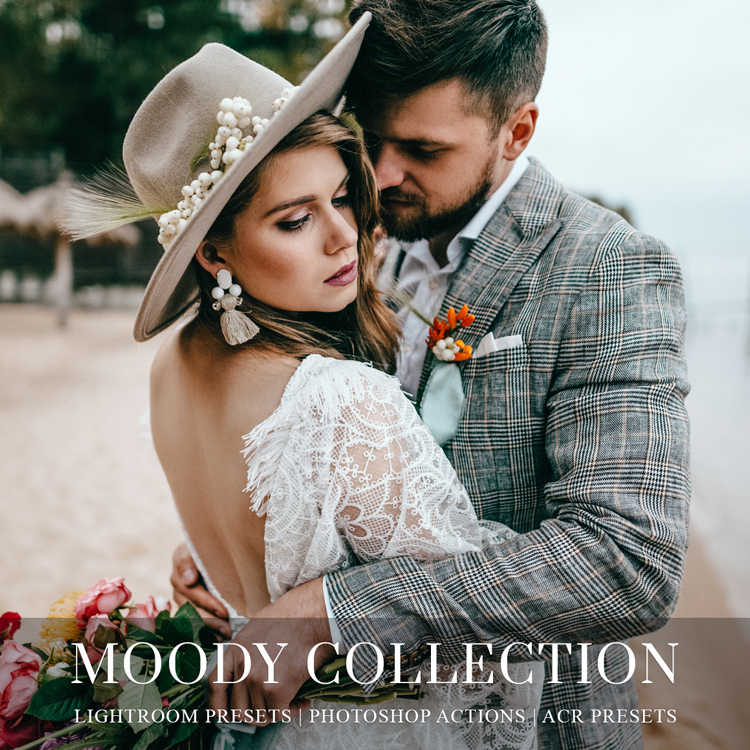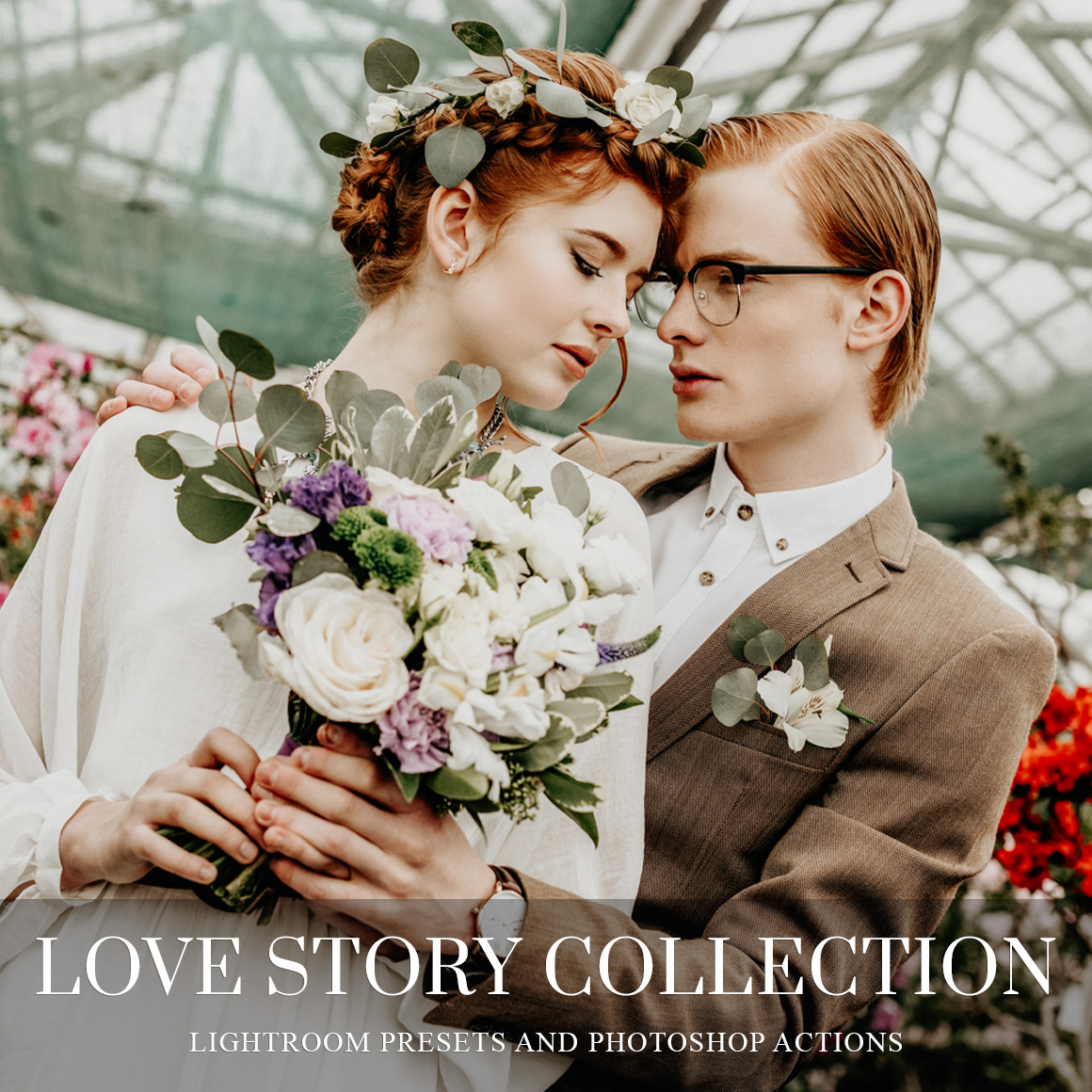Adobe launches Premiere Pro 24.0 and Lightroom Classic 13.0
Updates for Adobe's digital content processing software have been made available. For photographers, Lightroom Classic 13.0 and video editors, Adobe Premiere Pro 24.0 are the new versions.
The following modifications and enhancements are brought about by new software versions:
Adobe Premiere Pro 24.0
It will be interesting to verify this premise in practice—is working with the timeline truly five times faster?—because it has accelerated by five times.
New text-command-based video editing options, like the ability to click away pauses, are available. The Russian language is supported in principle; let's see how it performs in actual use.
New color settings: the primary tools are now gathered on a single tab instead of being dispersed among many application menus.
Audio types such as music, sound effects, dialogue, and "ambiance" are automatically detected. I'm curious how the software will respond to a sound clip that features two people conversing on a terrace, passing cars, light music, and distant birdsong.
Third-party plugin management is done through the effects manager.
Project templates allow you to include "bins," work sequences, and source materials. It's practical to refrain from adding the same elements—introductions, endings, logos, titles, and so on—to every new project. Of course, this function does not introduce any novel ideas.
Reminiscent of the days when Adobe Premiere crashed all the time is the Document Recovery Panel. It now has an upgraded feature.
Perhaps the most practical modification for daily work is the improved location of files saved for export. Actually, nothing new is added by this function; however, you may now rapidly set up new file locations for multiple presets at once.
Support for the Secure Reliable Transport (SRT) protocol
On Intel discrete graphics cards, hardware acceleration for HEVC and H264 is supported.
Lightroom Classic 13.0
A new feature called Lens Blur and Bokeh effect blurs the background once an object mask is created. In the past, we noticed a same result in cellphones that performed nearly the same function when in portrait mode. Naturally, it's best to apply the background blur effect as soon as possible after shooting, but there are many instances in which post-processing is appropriate, as seen in the Adobe presentation image, for instance.
Point Color: Accurate HSL (hue, saturation, and lightness) editing based on a point's color sample in the picture
The speed of export to DNG has increased.
More assistance with new lenses and cameras
Visit the Adobe website to find out more information about the upgrades.
Get Free Presets for Lightroom created by top photographers to update your presets collection, save down on editing time, and open up new artistic horizons.

